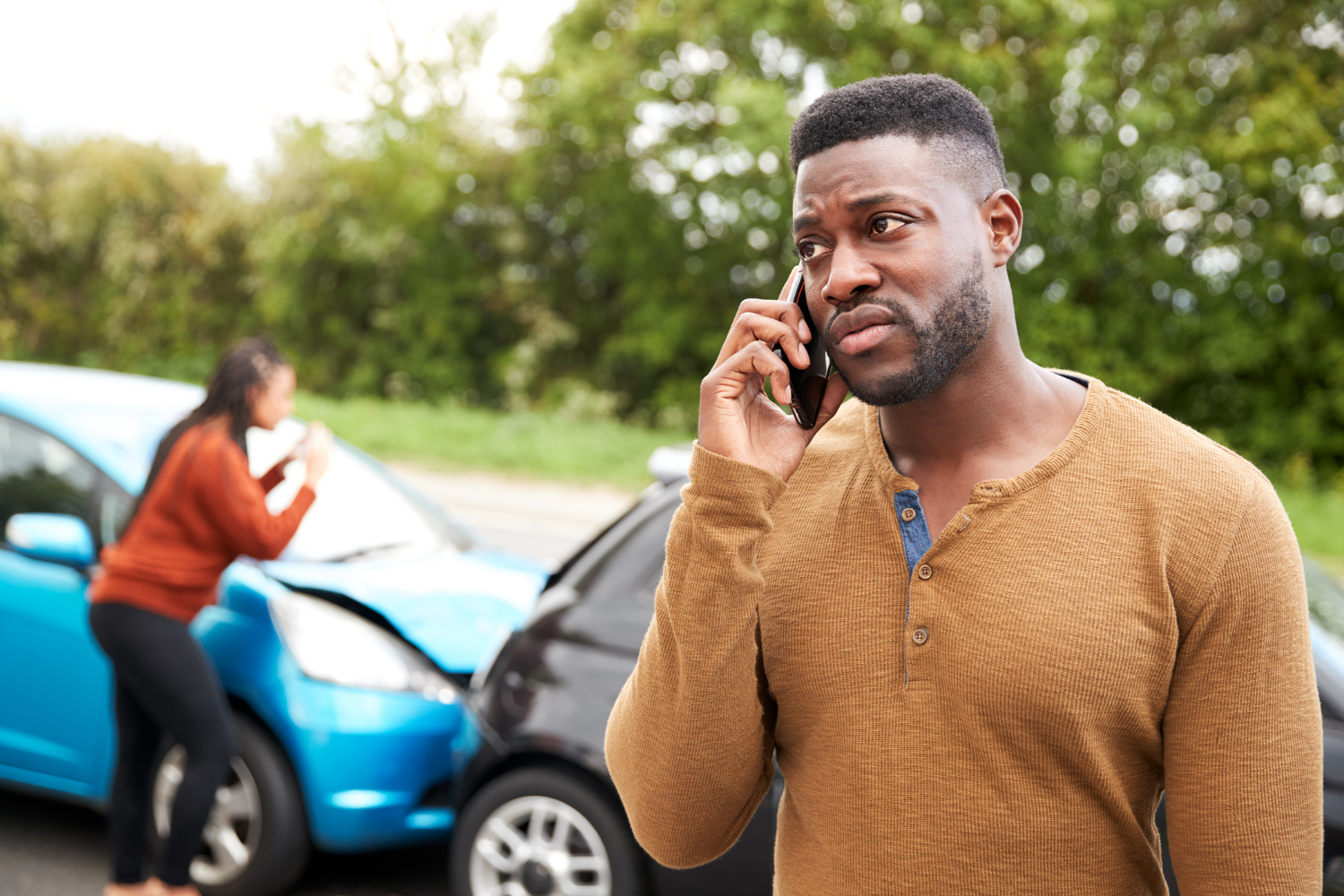
Auto insurance protects you financially in a car accident that causes damage, loss, or injury to your passengers and you, other drivers, and pedestrians. It is also required to safeguard you against financial loss in the event of an accident that damages your car or the property of others. You are also reimbursed if your vehicle is damaged by fire or other elements, vandalized, or stolen. And if nothing else convinces you – you must know that driving without auto insurance is unlawful in most jurisdictions because state governments aim to ensure the safety and protection of citizens. BMC Insurance is your trusted, one-stop shop for all auto insurance requirements. Contact us to know more.
Is your car not new anymore? The thing is, you sometimes need different physical damage coverage on older cars than on newer ones. If you drive a used and old car, our broker at BMC Insurance can advise you on what coverage makes the most sense. And help you save dollars by raising your deductible.
And our services are not just limited to cars; we help you get your motorcycle, RV, or yacht covered with the policy that best suits your needs. What’s better? Along with auto insurance, BMC Insurance also offers guidance for all your insurance needs—home, life, business, and more. We can also work out a customized package of policies just for you. Trust us!
Liability coverage has to do with the damage you cause to others. This coverage is expressed as three numbers, for example 100/300/100, which means $100,000 in bodily injury coverage per person, $300,000 in bodily injury coverage per accident and $100,000 in property-damage coverage per accident. This coverage is also set up to pay for your legal bills if the accident is determined to be your fault. Because this coverage covers the damage you do to others, most states require a minimum level of coverage. Bodily injury liability covers not only medical bills but also lost wages to the other party, if you are the cause of an accident.
This pays for repairs or replacement of property that you damage or destroy. For example it could be another car, fence or wall. This coverage can also pay for pain and suffering damages if you are due to a car accident.
Collision insurance covers the repairs on your own vehicle if you get in an accident, regardless of fault. If there is significant damage to your car, it is called “totaled”. When repair costs exceed a car’s value, such as more than 70 percent, the insurance company will typically tow the car to a salvage yard and reimburse you the cash value of your vehicle so you can purchase a new car.
Medical payments coverage pays for the medical expenses you and your passengers incur as the result of an injury from an accident. You are also covered when driving someone else’s car or if you are injured when another car hits you. This policy pays regardless of whose fault it is. Personal Injury Protection coverage pays for medical expenses and lost wages for you and any other passengers who are injured in an accident. Not only that, it also covers funeral expenses. However, if you already have good health and disability insurance, you may not need not to purchase this coverage as it may duplicate the coverage you already have.
This coverage pays for any damage to your car that is not due to an accident. It covers natural disasters such as fire, earthquake or flood, vandalism or theft and large animal collisions (eg: hitting an elk or deer).
An Uninsured motorists (UM) policy covers your medical bills if an uninsured driver hits your car or commits a hit-and-run (hitting your car and quickly driving away). This coverage helps when someone causes an accident but doesn’t have enough insurance or funds to cover your medical or other expenses. In that case, their insurance pays its maximum and then your UM coverage pays for the rest, within your policy limit.